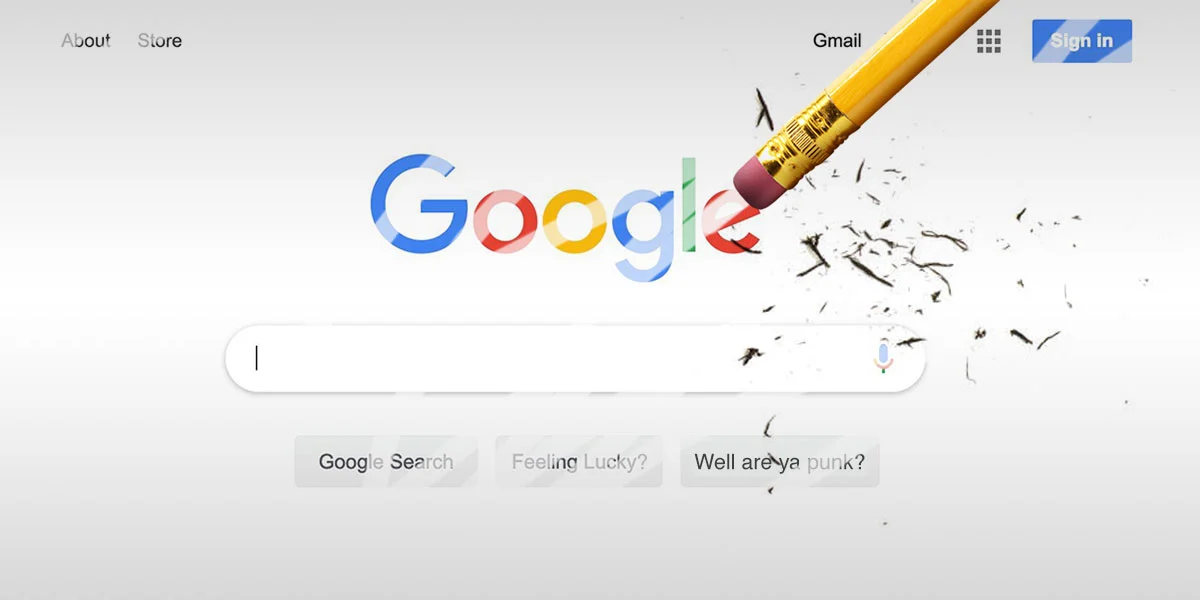- cross-posted to:
- [email protected]
- cross-posted to:
- [email protected]
For the next three years, Google must meet the following criteria:
- Allow third-party app stores for Android, and let those app stores distribute all the same apps as are available in Google Play (app developers can opt out of this);
- Distribute third-party app stores as apps, so users can switch app stores by downloading a new one from Google Play, in just the same way as they’d install any app;
- Allow apps to use any payment processor, not just Google’s 30 percent money-printing machine;
- Permit app vendors to tell users about other ways to pay for the things they buy in-app;
- Permit app vendors to set their own prices.
Google is also prohibited from using its cash to fence out rivals, for example, by:
- Offering incentives to app vendors to launch first on Google Play, or to be exclusive to Google Play;
- Offering incentives to app vendors to avoid rival app stores;
- Offering incentives to hardware makers to pre-install Google Play;
- Offering incentives to hardware makers not to install rival app stores.



Ok now do Apple.
Google has always been the OS that allows users to get their apps anywhere. Apple has not.
Also could we throw in something that allows me to remove all Google apps from a stock OS instead of just disabling?
iOS is certainly far more locked down than Android.
But thats not really what courts are looking at with the Google stuff going on recently.
The courts take issue with Google strong-arming OEMs to do what Google says. Forcing them to include Google services, Google tracking, not to have other stores as default, etc. under threat of not allowing Google Apps, Play Store, or Play Services/notifications to work - something that is effectively a requirement if you want to sell your devices.
Apple isn’t doing that. Apple isn’t forcing OEMs to push Apple services and telemetry, because they own their own hardware business. Apple isn’t forcing Samsung/OnePlus/Sony/etc to do their bidding. Google is.
I firmly believe Apple should be made to open up their devices, but it cannot be done under current US law (unlike with Google, who is unquestionably abusing their dominant market position by strong-arming OEMs). Forcing Apple to open up would require something like a US equivalent to the EU’s recent Digital Markets Act.
IIRC they are doing things like requiring payments to go through them, and all kinds of other monopolistic stuff. Yeah, they aren’t doing all the same things, but they’re doing a lot of it, and it’s more restricted by default so it’s even more pervasive.
The payments requirement was the only win Epic got in its case against Apple. Apple now allows external purchase links, with a bunch of requirements and restrictions.
Ah, OK. I don’t think I ever heard about that resolving, or if I did I didn’t care. That’s good that they were forced to allow that. It should probably go further still, like this Google case.
The point is, it can’t go further like in this Google case, because Google is abusing their dominant market position and Apple isn’t.
Google is doing something illegal. Apple is doing something legal, but anti-consumer.
That’s why I said in order to go after Apple, the US would first need something akin to the EU’s Digital Markets Act.
It could absolutely be argued Apple is definitely doing illegal stuff too. Just because you don’t think so doesn’t mean that’s true. Apple is doing a lot of things to lock consumers onto their platform and not allowing competition.
Not me. Me and the courts. Against what you think.
They’ve literally been to court over this and won, because what they’re doing is completely legal. Even Epic acknowledged their case was shaky in regards to Apple.
Nothing in an illegal way, they mostly just make it a slight inconvenience to leave. Again, not illegal. Which is why I advocated making it so.
Why don’t you want laws that will hold Apple and others more accountable?
If it went to court at all, it’s not clearly legal. You saying “the courts” as a singular entity is misrepresenting the facts. Courts frequently come to different conclusions. Can you argue it’s legal? Sure. You can also argue it isn’t. A single court case is not consensus, it’s precedence (on the issues in that case specifically).
AG Garland, in a lawsuit by the US DOJ has this to say:
“Monopolies like Apple’s threaten the free and fair markets upon which our economy is based. They stifle innovation. They hurt producers and workers and increase cost for consumers,” Garland said Thursday.
“If left unchallenged, Apple will only continue to strengthen its smartphone monopoly. But there’s a law for that,” he added.
Clearly the AG believes them to be a monopoly. I assume he knows more about that law than both of us combined.
Well, I have some good news for you!
The way Apple gets away with stuff makes me feel very conspiratorial. Like, how?
How is Apple getting a pass every time and my tin foil hat would say that they are protected by the US government. Maybe because it’s just an important corporation for the US economy but maybe it’s an important corporation for US spying too.
US law doesn’t care what companies do to consumers. The law only cares what they do to other companies. Apple own their own hardware production and ecosystem, so they aren’t harming other companies (directly).
No conspiracy needed.
Apple absolutely harms other companies to the point where are taken to court all the time.
There’s no such thing as “their own ecosystem”
Yes, but those companies are poorer, and have lower tier legal teams.
Das capitalism baby!
Apple doesn’t allow other companies to have their own app stores. Which google already did allow, they just didn’t make it easy to install one.
Apple is MUCH worse in restricting app stores. It makes no sense that Apple can continue to get away with their far worse restrictions than google. On the positive side this will make Android even better and more attractive to consumers vs AOS than it already was.